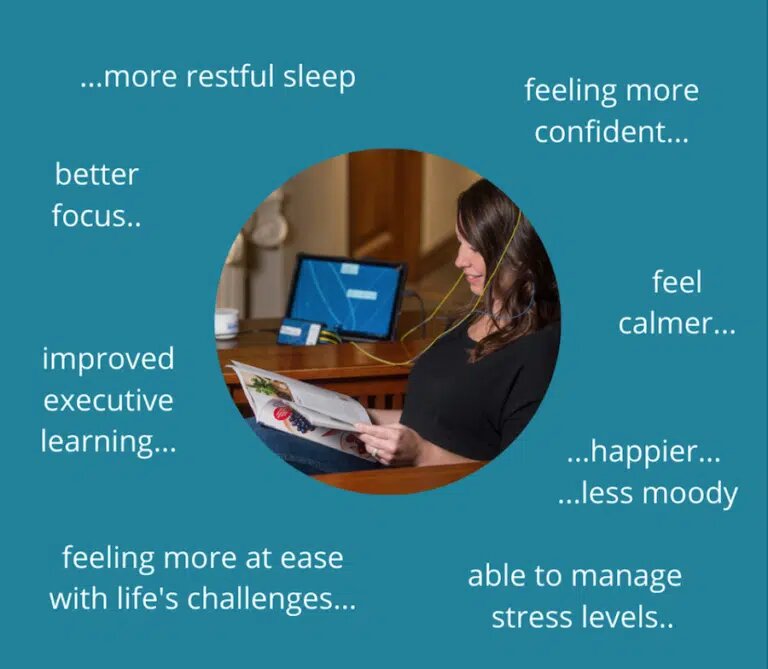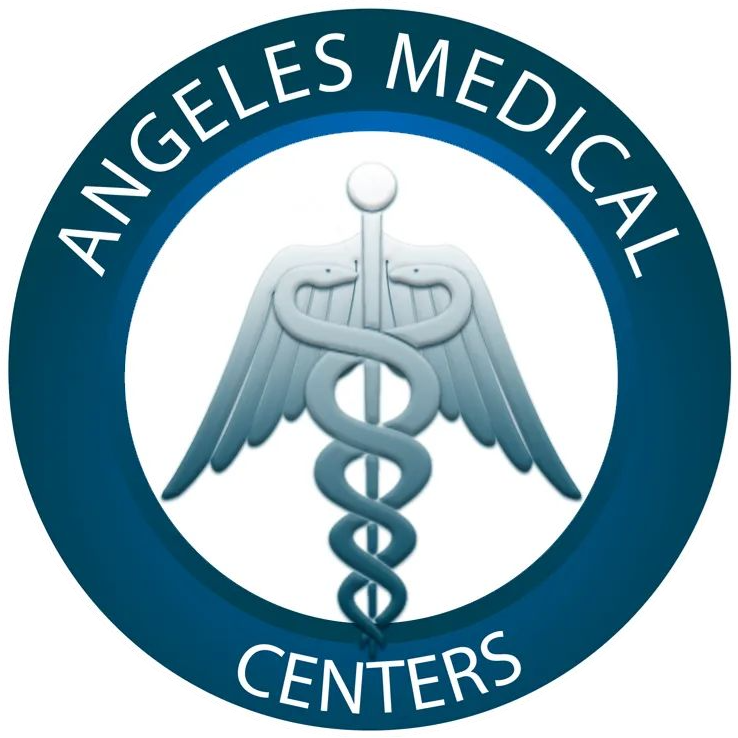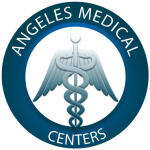Neurofeedback: Brain Training
Neurofeedback is a direct training of brain function, where the brain learns to operate more efficiently. It involves self-regulation training necessary for proper functioning, allowing the brain to be more efficient and effective. In the last decade, neuroscientists have revealed that disorders such as anxiety, ADHD, depression, addictions, epilepsy, and dysfunctions like chronic stress, obsessions, and insomnia result from an imbalance in the functioning of different brain regions. Brain training addresses the root of the problem at the cerebral level, leading to profound improvements with lasting effects.
Before neurofeedback, brainwaves are recorded through sensors on the scalp using brain mapping or quantitative EEG. This indicates which areas need attention and where activity is excessive or deficient. The waves are interpreted by specialized computer software, allowing observation of which brain areas are functioning incorrectly, causing symptoms and difficulties. This provides the necessary information for cognitive training with visual and auditory stimulation. Based on this information, a personalized training plan is established for each patient.
- While its utility is widespread in various health situations, anyone can undergo Neurofeedback sessions, as everyone should train the brain much like any muscle. Some benefits of these therapies include:
1- Enhances cognitive function: Improving attention and learning capacity.
2- Stress and anxiety reduction: Minimizes stress and contributes to mood improvement.
3- ADHD management: Improves attention and impulsivity control.
4- Reduction of neurological disorder symptoms: Slows down age-related cognitive decline.
5- Post-brain injury rehabilitation: Improves brain connections and memory.
6- Improvement in sports and artistic performance: Enhances concentration, coordination, and skills in performance.
7- Insomnia treatment: Regulates brain activity patterns.
8- Addiction reduction: Controls impulses and reduces substance dependence, achieving greater self-control and relaxation.
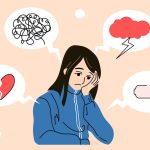
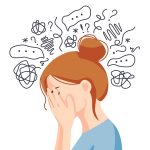
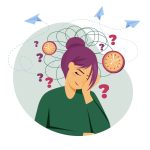


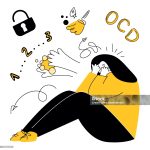
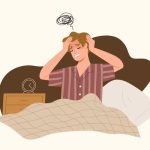
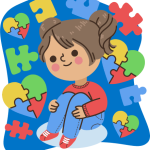

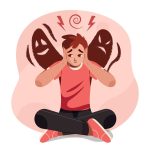
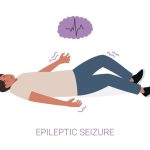

What is a Neurofeedback Therapy like?
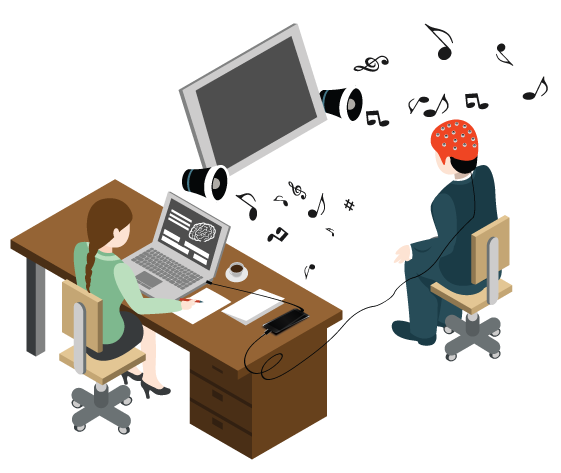
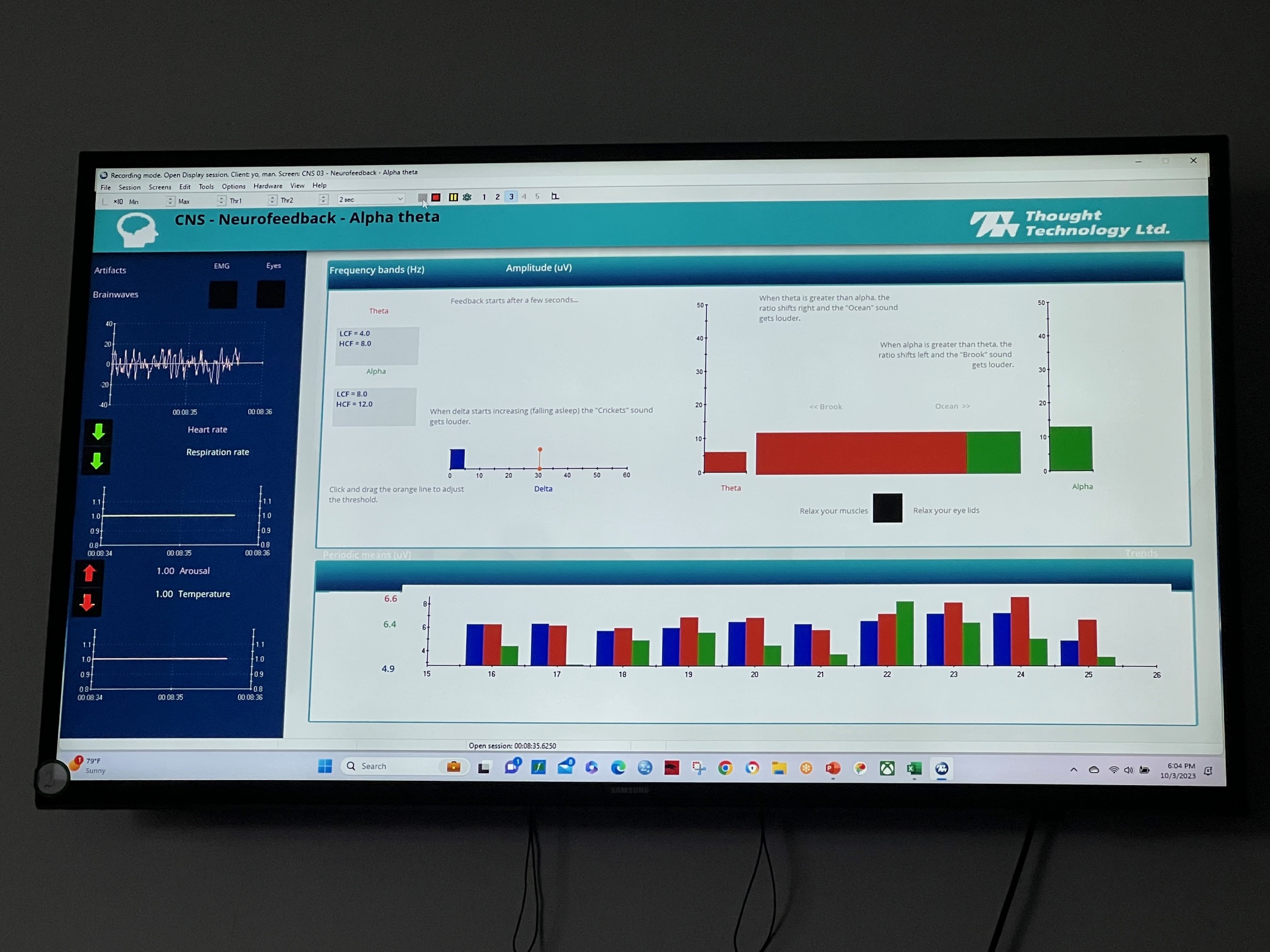
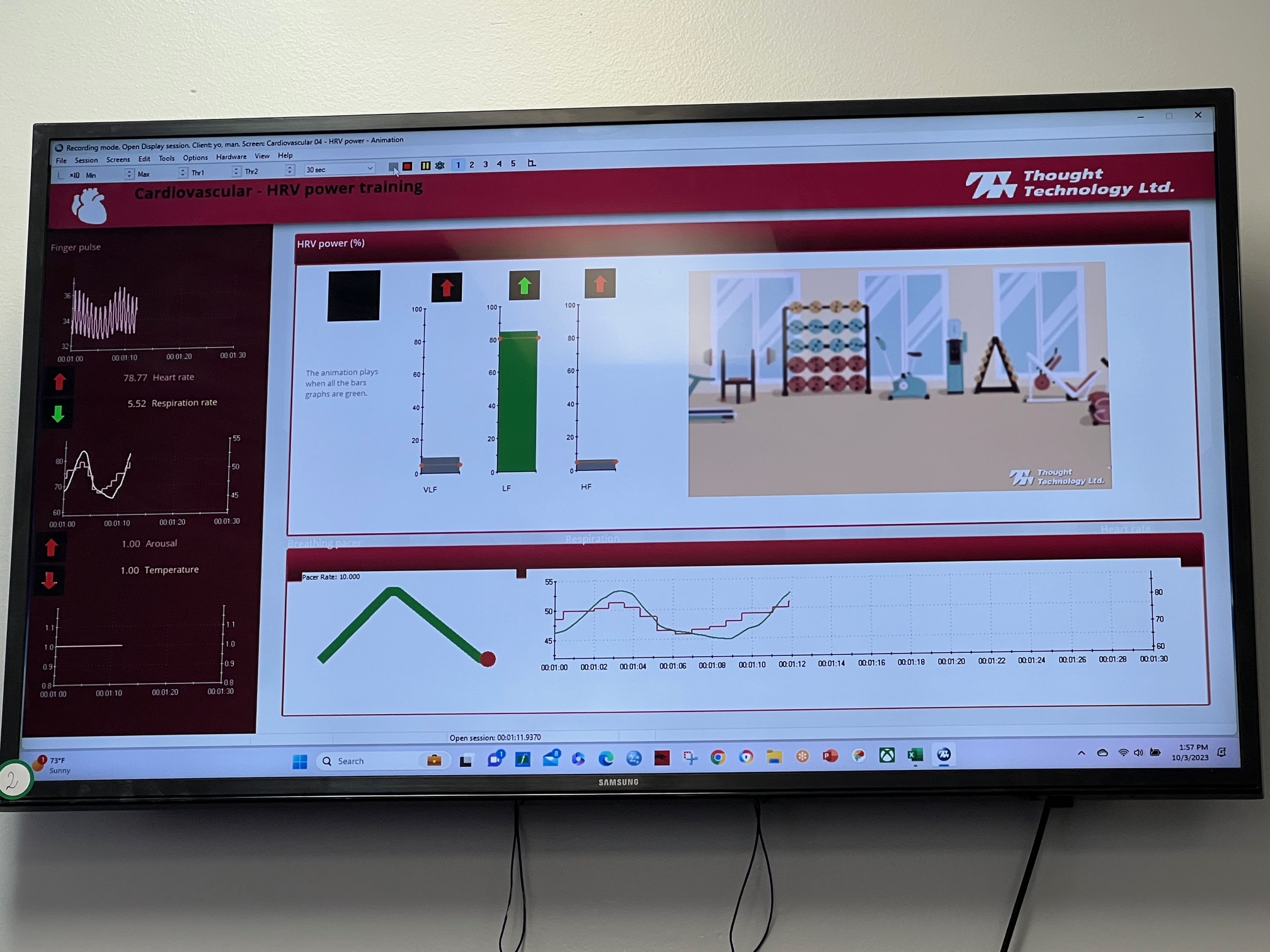
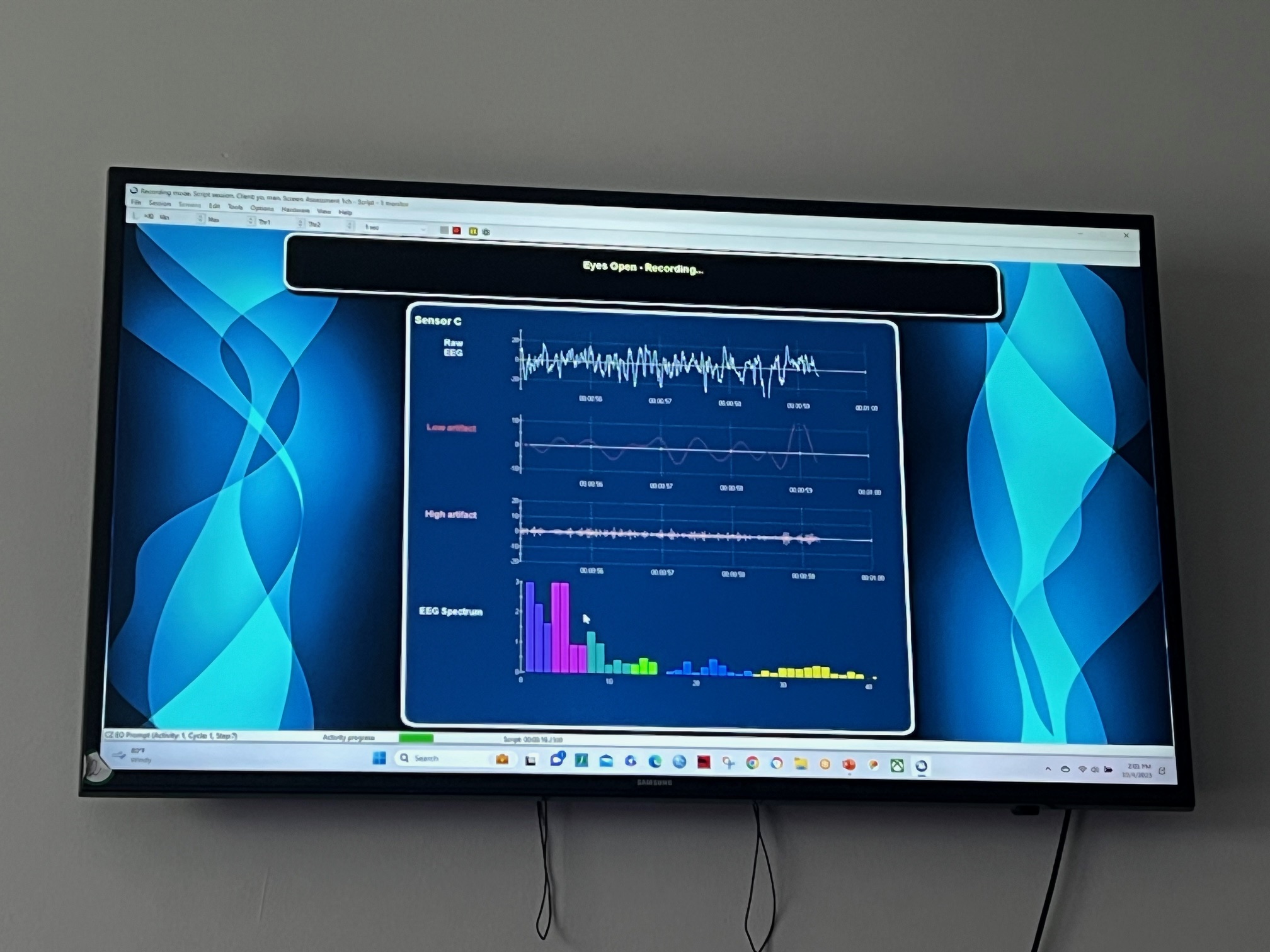
Benefits of Neurofeedback Therapy
